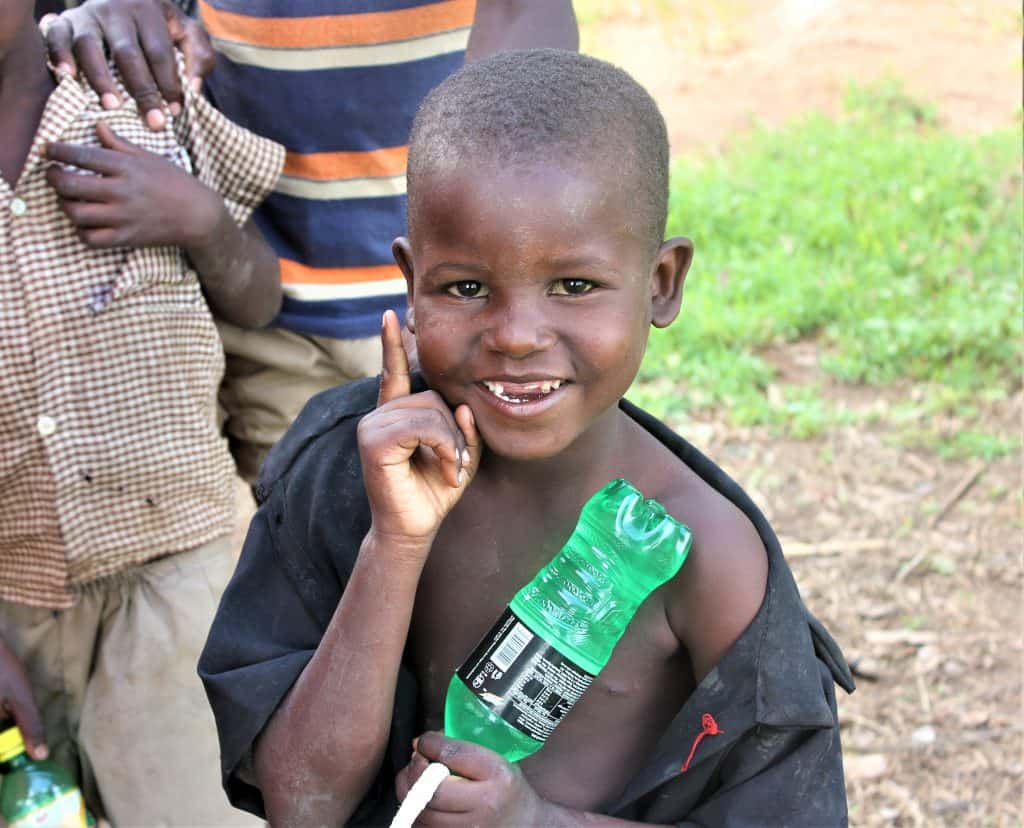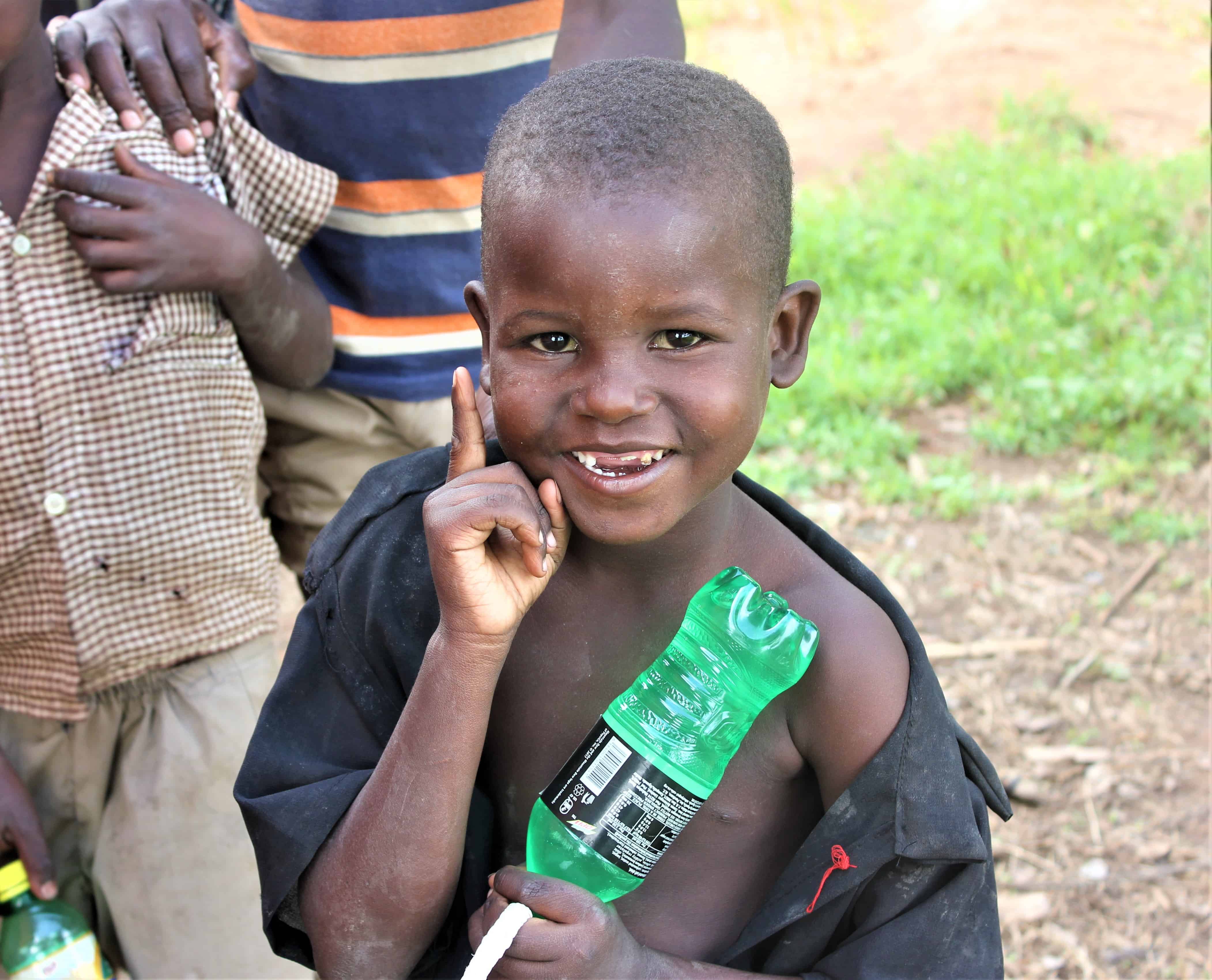Uganda serves as a relief base for refugees from many countries in Africa including neighbouring South Sudan, the Democratic Republic of Congo, Somalia, Rwanda and Burundi among others.
According to a UNICEF Humanitarian report of July 2018, Uganda received 121,672 refugees. Of these, 60% totalling to about 88,401 were children including 37,885 females and 25,312 males. 1.1 million refugees were from South Sudan, 288,434 refugees from the Democratic Republic of Congo, 41,932 from Burundi and 37,000 refugees from Somalia.
The 2018 statistics from the Global Compact for Refugees (GCR) indicate Uganda tops the list of countries in East Africa with the biggest number of refugees over 1.4 million, followed by Kenya with about 500,000 and Tanzania with over 350,000 refugees. The report says many of these people fled their countries for many reasons but most importantly due to political instabilities and wars.
Besides the growing numbers, however, Uganda is a favourable ground for refugee settlement with its unique refugee response model. It has championed an integrated settlement approach in which refugees and host communities co-exist and share common services as exemplified by the Settlements Trans-formative Agenda (STA), and Refugee and Host Population Empowerment (ReHoPE).
One of the most prominent settlement areas is Nakivale. The area hosting over 100,000 refugees has become a home to many occupants as one refugee who preferred anonymity explains. He says just like it is in normal life, on a daily, they engage in several economic activities.
He says this has empowered them to adopt skills to start up their own simple businesses and live normal lives. ”Here in Nakivale we have freedom to exercise our rights from starting up businesses to engaging in several other activities to transform our lives, we are happy the Ugandan government has been very supportive,” he said.
According to Blair Asaph, a safety security officer working with Hunger Fighter Organisation Uganda, refugee figures keep increasing each month due to persistent migrations of people from neighbouring nations.
Mr. Asaph however, implores locals to change their perceptions of refugees saying they are beneficial to any hosting community. ”Our refugees positively engage in many developmental aspects that help them showcase their skills by engaging in different economic activities and this has turned out to be a benefit to us as a country although some people think it is a burden,” he says.
Refugees generate income to host nations
Asaph adds that refugees generate income through setting up different businesses which in turn boosts the country’s economy.
Jaako Valli, the Program manager of World Food Program (WFP) Uganda, says over time the country has also witnessed considerable economic benefits from intensive farming carried out by refugees. He says each refugee household allocated land by the government contributes up to US$220 to the country’s economy annually, depending on the settlement.
”Many of these refugees have been educated and have taken leadership positions in managing the organisation as well as their own businesses for example Isa Ahmed Sticky, a 24-year-old Somali who fled Somalia nine years ago and is currently working with WFP as the supervisor, doing mobilisation and sanitation for the community based at Nakivale,”
Mr. Valli says Ahmed Isa is also a marketer and employs many of his fellow refugees and some other Ugandans living within and near the Nakivale settlement.
”Many of them are employed to attend to his wholesale shop and his garden work when he is busy Mobilising with the WFP and that way they earn a penny on top of the support rendered to them by the humanitarian organisations.”
In addition, he says this has empowered many of them to start up their own simple businesses, many have also started constructing permanent houses and taken it as a job of helping their fellows who cannot, this is common among the Somali community according to Mr. Valli.



